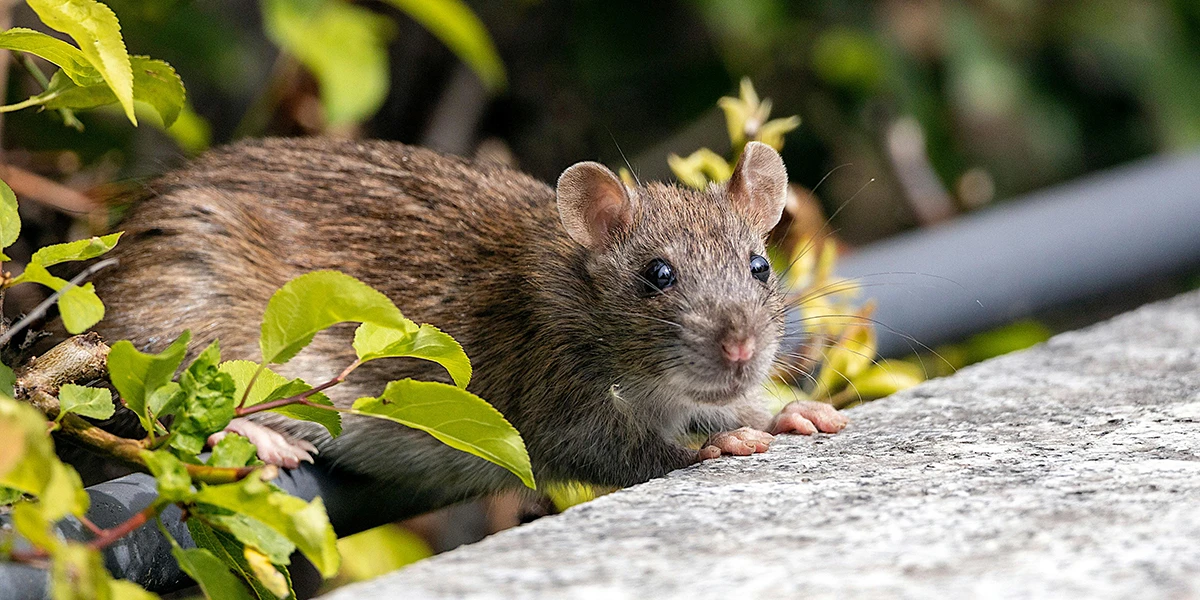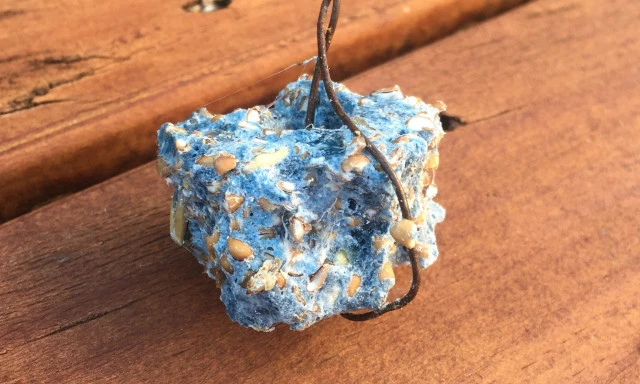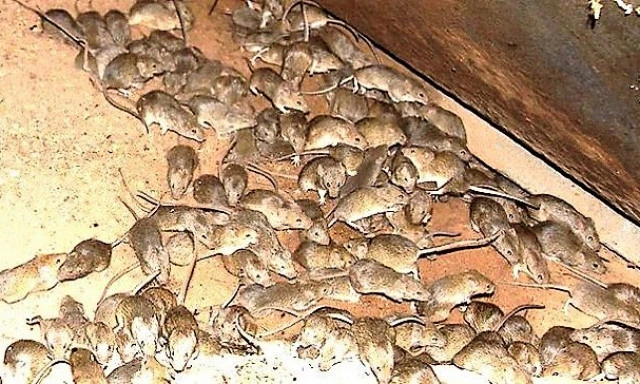Everything you need to know about rats, mice and El Niño
If you feel like you’re seeing more rats and mice than normal you’re not alone. There’s a good chance it’s because of the El Niño weather pattern we’re experiencing.
El Niño is more than just a weather phenomenon—it's a disruptor for both humans and our rodent counterparts. But what exactly goes on in the rodent world during El Niño? Let's dive in and explore how these climate events shake up rodent behaviour and what you can do to keep them under control.
Understanding Rodent Behaviour During El Niño:
- Hunting for food:
When El Niño messes with rain patterns, it messes with rodent food sources too. Suddenly, the snacks they're used to munching on might disappear, sending them on a quest for food in unexpected places—like our homes and gardens.
- Migrating to new territories:
With food scarce in some areas, rodents hit the road in search of better living conditions. They will travel from dry areas to wet ones, warm areas to cool, or from rural to urban settings, in search of their next meal.
- Babies are booming:
Warmer temperatures during El Niño can make rodents surprisingly frisky. That means more babies, and more rodents running around looking for food and shelter.
- Heading indoors:
Rats and mice tend to seek shelter in human-made structures during adverse weather conditions like heavy rainfall or extreme heat. During El Niño events, rodents are more likely to enter homes, warehouses, and other buildings in search of shelter – which is why you’re probably seeing them more often as they’re actively entering our environment.
- Spreading disease:
With more rodents around, the risk of disease transmission to humans and other animals goes up. This can be either through direct contact or via contamination of food and water sources with faeces and urine (yuck)! That is why it's essential to keep them out of our living spaces and away from our food.
- Increasing the risk to native birds:
In NZ every year about 25 million native birds are killed by predators like rats, mice, stoats and possums and currently 4,000 native species are threatened or at risk of extinction in New Zealand. El Niño weather patterns with the boom in rodent populations and active hunting for new food sources puts our native birds at significantly higher risk than in a typical year. So, as a community it’s up to us to step up and do our part to protect them, by controlling the rats and mice on our properties.
Dealing with Rodents During El Niño:
Regardless of weather patterns, the principles around how to control rodent populations stays the same. Kiwicare’s Easy 1-2-3 Steps to Rodent Control article and our Easy 1-2-3 Step Guide to Rodent Trapping provide all the information you need to know to control your rodent problem successfully.
- Keep an Eye Out:
Stay vigilant for signs of rodent activity, as regular checks can help catch problems early. You can do this by setting out non-toxic rodent detector cards that lure rodents into chewing on them which lets you know quickly if you have an issue. Or, keep an eye out for signs like rodent droppings, chewed wires, cardboard, plastic and packaging and listen for the telltale sign of scurrying in the walls and ceiling.
- Take Action:
Don't wait and hope the problem will go away. The sooner you deal with rats and mice the better, as their populations can boom pretty quickly (especially during an El Niño), making them much harder to control. Your cat might be doing a good job of bringing you its trophies, but if there’s a population boom – it simply can’t keep up (also waking up to a dead rat at the end of your bed is not quite as funny as your kitty might think it is). Rodents might be a nuisance, but with the right approach, they can be managed effectively.
- Continue Monitoring:
It’s important to maintain regular monitoring so that any new rodents entering the area can be brought under control quickly.
Our Top 3 Tips for Rodent Control Success
Use both bait and traps: A mix of baits and traps provides the best defence as rodents shy of one form of control, may be more open to interacting with another.
Use gloves when handling bait and traps: This is not just important when you are restocking or clearing your baits and traps, it’s also important when you’re setting them up. Humans have natural oils on their hands that transfer to the things we touch, and rodents are smart and tend to associate this smell with danger. So, preventing traps and bait stations from smelling like us, means rodents are more likely to interact with them.
Pulsing and switching your bait: There are two main types of rodent bait, one type kills rodents after just one bite of the bait and the other type causes a slow build-up of toxins and rodents have to eat from it multiple times before they’re killed. These baits smell and taste different from each other. ‘Bait pulsing and switching’ means using one type of bait for a period of time, then switching to the other type of bait. Why should you do this? Well rodents are clever, and if they see other rats and mice dying after eating something they’ll stop eating it. By swapping the bait, they now view this new food source as potentially safe and will likely start eating it again.
El Niño can disrupt more than just the weather—it can also shake up the lives of our rodent neighbours. By understanding how these climate events affect rodent behaviour and taking proactive steps to manage them, we can minimize the impact on our homes and bird populations. So stay informed, stay vigilant, and remember, we're all in this together!


